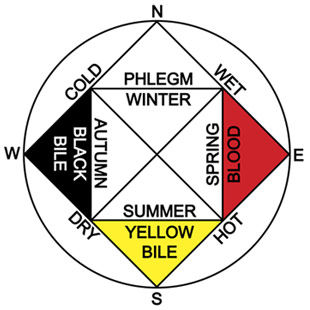There’s no better time to renew our interest in the medicine of the Prophet (Al-Tibb al-Nabawi).
Personally, I’m mistrustful of pharmaceutical companies. I don’t think they have our best interest in mind.
So if I can avoid putting drugs into my body, I won’t hesitate.
While researching, I came across “Healing with the Medicine of the Prophet” by Imam Ibn Qayyim al-Jauziyah. He wrote this book some 650 years ago.
I was expecting a collection of health advice and natural treatments from Prophet Muhammad (PBUH). But I found more than that—a different approach to medicine!
Let’s jump into it.
Back In Time
What Happened to the Medicine of the Prophet?
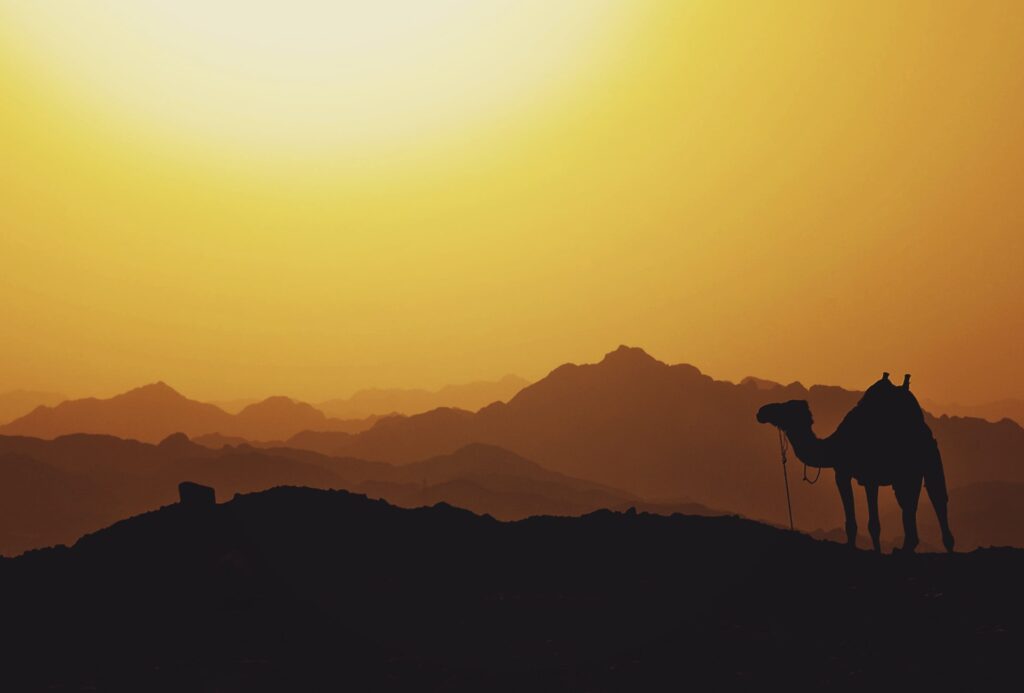
Healing with the medicine of the Prophet has some terms I’m not familiar with like the Four Humors.
To have a better understanding of the book, I needed to go back in time and learn about the basics of Greek medicine.
At its core, the medicine of the Prophet is a collection of advice with regards to sickness, treatment, and hygiene as found in the hadith.
After CE 750, Arab, Persian, and Andalusi scholars translated the work of the Greeks.
The Islamic world assimilated traditional Greek medicine and expanded it with the work of Muslim scholars like Ibn Sina (Avicenna).
It’s important to distinguish the Islamic medicine of the Golden Age from the medicine of the Prophet.
The first encompasses the second. It also includes a variety of medical practices from the Greeks to the Persians, passing by the Indian tradition of Ayurveda.
The medieval medicine of Western Europe adopted both Greek and Islamic medicine during the Renaissance of the 12th century.
However, the holistic healing system of Greek and Islamic medicine was gradually abandoned in favor of modern medicine as we know it today.
The increasing emphasis on scientific experimental methods in the 16th and 17th centuries put an end to a traditional system used for centuries by western and eastern people alike.
To this day, the Hellenic heritage is found in Unani medicine.
“Unani” is the Arabic word for “Greek”. Unani medicine is still present in India and Pakistan.
Like Ayurveda and Chinese medicine, Greek Medicine was based on the idea of balance in bodily systems.
The medicine of the Prophet also seeks balance but adds to it a spiritual dimension.
Basic Principles of Greek Medicine
To be able to treat diseases, the Greeks thought they needed to understand the natural healthy state of the body.
So they developed the theory of the Four Humors—to enjoy good health, you need to keep them balanced.
The ancient Greeks later linked each humor to a season, a temper, and an element.
The Four Elements: what the body is made of—earth, water, air, and fire.
The Four Humors: the metabolic agents of the Four Elements. They are liquids that need to stay balanced—blood, phlegm, yellow bile, and black bile.
The Four Temperaments are the effects of the bodily fluids (the Four Humors) on human personality traits and behaviors—sanguine, choleric, melancholic, and phlegmatic.
The Four Qualities: cold, hot, wet, and dry. The 4 Qualities can be understood in their literal or figurative sense. For example, hot refers to a high level of energy or activity. What is hot activates, expands, and excites. While the cold slows down, contracts and congeals. The dry/wet refers to the level of moisture in a system.
Kinds of Diseases and Cures
The Disease of the Heart and Medicine of the Prophet

Allah (The Almighty) mentions the disease of the heart multiple times in the Quran:
“In their hearts is a disease (of doubt and hypocrisy) and Allah has increased their disease.’’ [Quran 2:10]
“And that those in whose hearts is a disease (of hypocrisy) and the disbelievers may say: `What does Allah intend by this (curious) example?’’’ [Quran 74:31]
The disease of the heart can take different forms: doubt, error, lust, or desire.
As I wrote before in ‘Is the Heart just a pump?’ and ‘Thinking in Islam’, the heart has a critical importance.
It’s not only responsible for spiritual thinking but also the well-being of the entire body.
The Prophetic medicine is different because it also targets spiritual and emotional ailments.
Prophets gave us the methodology to do so. A healthy heart comes with the knowledge of Allah.
The well-being of the heart is linked to our learning about the Creator, His names and attributes, and what pleases and displeases Him.
Physical Diseases and Cures
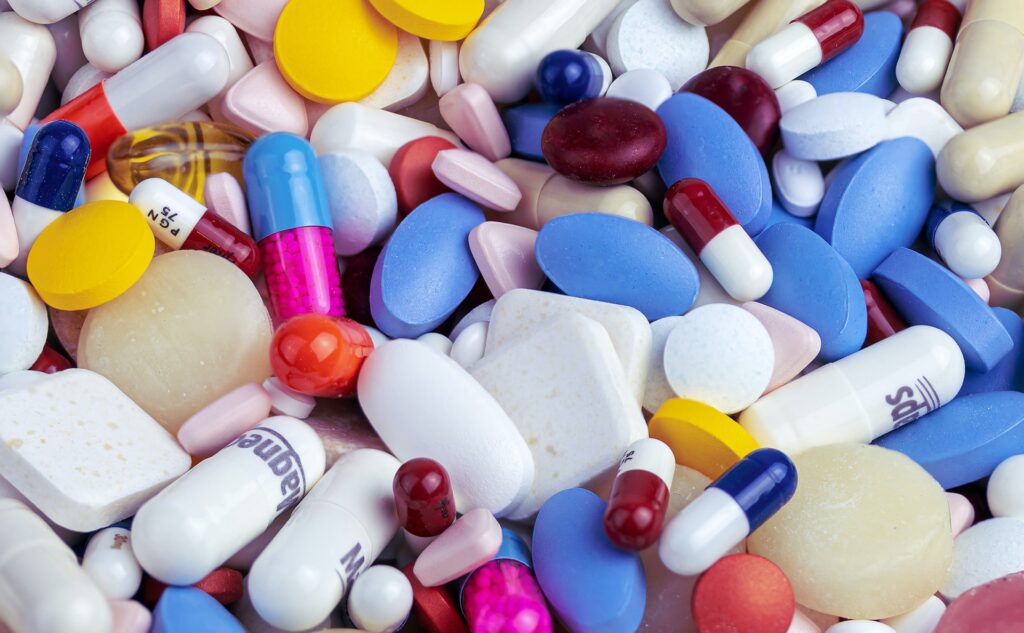
Medicine is based on three rules: preserving good health, avoiding what might cause harm, and clear the body of harmful substances.
Ailments have two causes: a physical or a temperament cause.
The difference is that the change in mood/temper can remain even after removing the physical causes.
The imbalances in temperament affect the Four Qualities or create compound ones—hot and wet, hot and dry, cold and wet, or cold and dry.
The methodology in the case of physical disease is to look for the cause first, the disease second, and the cure third.
The harm inflicting the body can impact the temperament and even weaken the soul.
The Prophet (PBUH) and his companions didn’t use a chemical mixture for remedy. Mostly, their medicine consisted of one ingredient. Sometimes, they add another substance to support the medicine or make it taste better.
In general, if illness could be fought with nourishment and diet, medicines were avoided.
Also, doctors adapted their medication to the regular food of the patient.
For example, people living in the cities have a complex diet compared to people in the desert.
The first requires a mixture of ingredients/substances while others need a simple medicine.
Prophetic medicine has a divine element in it that doctors can’t explain.
It’s normal knowing that the Prophets’ specialty is curing the hearts.
For Ibn Qayyim, the hearts that are connected with the Lord of the Worlds become stronger and defeat the illness easier than the hearts far from God.
Cure and Destiny
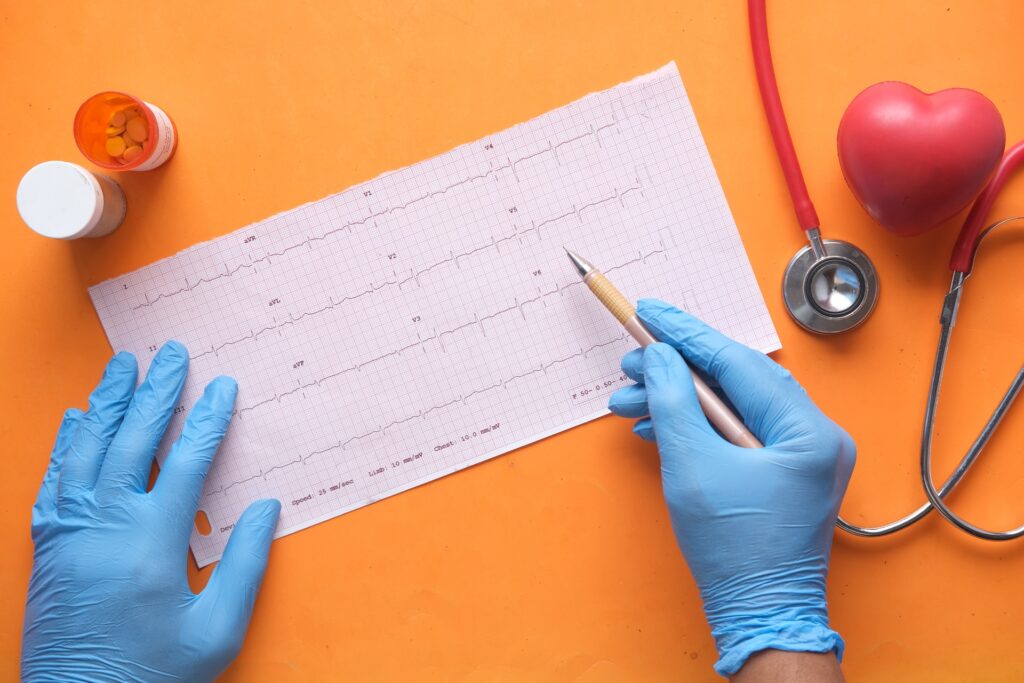
Taking medicine is a part of Allah’s destiny of Allah.
It is narrated that Abu Khuzamah (may Allah be pleased with him) said:
“I said, ‘O Messenger of Allah, about the Ruqyah (healing with supplications and the Qur’an) that we use, the medicine we take and the prevention we seek, does all this change Allah’s appointed destiny?’ He said: ‘They are a part of Allah’s appointed destiny.’’ [Ahmad & At-Tirmidhi]
The Messenger of Allah (PBUH) also said:
“Allah has not sent down a disease except that He has also sent down its cure.’’
The Prophet stated that there is a cure for every disease so we need to seek it.
The last thing a sick person needs is to feel hopeless.
The statement of the Prophet alone is enough to fill the heart with hope no matter what strikes the person.
The Natural and Divine Medicine of the Prophet
The Prophet (PBUH) used three types of remedies for various ailments—natural, divine, and a combination of both.
In the book of Ibn Qayyim, there are more than 70 medicines from the Prophet (PBUH) for various illnesses of the body and heart.
I can’t cite all of them in this article. I only picked three.
The Prophet’s Guidance Concerning Food and Drinks
The Prophet (PBUH) said:
“The son of Adam never fills a vessel worse than his stomach. The son of Adam only needs a few bites that would sustain him, but if he insists, one third should be reserved for his food, another third for his drink, and the last third for his breathing.’’ [Ahmad]
This is the best method of eating, both for the body and the heart.
There’s harm to the body when we consume more than what we need.
And there’s harm to the heart because a full stomach brings laziness and fatigue.
It happens that the companions ate until satiety in the presence of the Prophet (PBUH). But they didn’t make it a habit.
The Prophet (PBUH) gives its due share to the basic constituents of the human body—water, solids, and air.
Some argue that the fourth basic element of fire, according to the Greeks, doesn’t exist in humans. They support their argument with this hadith:
“The angels were created from light, while Satan was created from the smokeless flame of fire. As for Adam, he was created from what has been told to you.’’ [Muslim]
The Prophet used to neutralize the harm of various foods and fruits.
Abdullah bin Jafar (May Allah be pleased with him) said:
“I saw the Messenger of Allah (PBUH) eat ripe dates with cucumbers.’’ [Bukhari & Muslim]
In general, dates are hot while cucumbers are cool. Seeking this type of combination—a substance with its opposite- neutralizes each other’s harm.
The Prophet (PBUH) had other combinations like honey and butter or Senna and Sanoot.
The Prophet’s Guidance on Using Cupping (Hijamah)
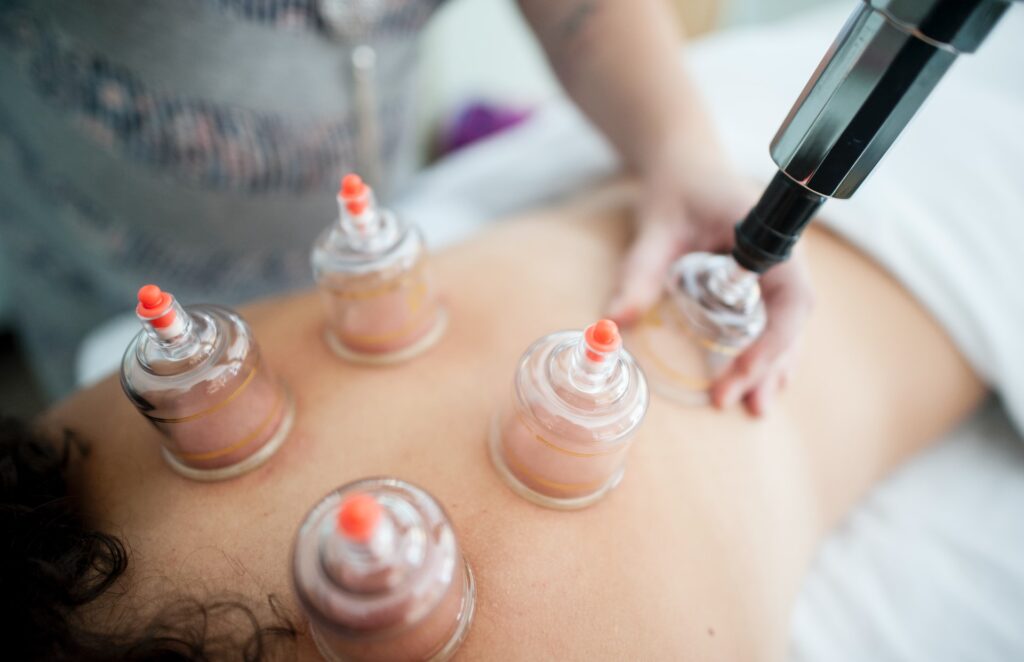
The Prophet (PBUH) said:
“There is a cure in three substances, a drink of honey, a slash with a knife used for cupping and cauterizing by fire. I forbid my nation from cauterizing by fire.’’ [Bukhari]
He also said:
“During the night of Isra (the overnight journey from Makkah to Jerusalem and then to the heavens), every company (of angels) that I passed by would say, ‘O Muhammad! Order your nation to use cupping.’’’
The Messenger of Allah (PBUH) is used to apply cupping on the two jugular veins and the upper part of the back.
Cupping the upper section of the back helps against the aches of the shoulder and the throat. While cupping the two jugular veins helps against the ailments of the head, face, teeth, ears, eyes, nose, and throat.
You can think of Hijamah as an oil change for your body. When you remove the old and dirty blood, your body produces fresh blood to replace it.
Among many benefits, Hijamah strengthens your immune system and detoxifies your body from harmful substances.
My cousin took me once for a Hijamah session in Morocco. I felt great. The whole process is painless.
The cups leave red bruise marks but they disappeared within 2-3 days.
The Medicine of the Prophet on Treating Sadness, Grief, and Depression

Supplications are divine remedies that affect diseases.
Ibn Masud said that the Prophet (PBUH) said:
“Whenever a sadness or grief strikes a servant and the servant then says,
‘O Allah! I am Your servant, the son of Your servant, the son of Your female servant. My forelock is in Your grasp. Your decision about me will certainly come to pass. Your judgment on me is certainly just. I ask You by every Name that is Yours and which You call Yourself by, whether You revealed it in Your Book, taught it to some of Your creation ,or kept in the Knowledge of the Unseen that You have. Make the Noble Qur’an the spring of my heart, the light of my chest, the eliminator of my sadness, and the end of my grief. ‘
Then, Allah will remove his sadness and depression and will replace them with joy.’’ [Ahmad]
In another hadith, Ibn Abbas (May Allah be pleased with him) reported from the Prophet that he said:
“Whenever sadness and grief intensify on someone, let him often repeat, `There is neither power nor strength except from Allah.’’’
And Ibn Qayyim goes on to explain how divine remedies work:
“Allah has created the son of Adam and his body’s organs and designated a state of perfection that each organ could attain and achieve. Consequently, when the organ loses its perfection, it feels pain. Allah has also designated a state of perfection for the heart, the leader of the organs. When the heart loses its perfection, it will fall down with various ills and sicknesses, such as sadness, grief, and anguish. Furthermore, when the eye loses what it was created for, sight; when the ear loses what it was created for, hearing; and when the tongue loses what it was created for, speech; then these organs will have lost their perfection.”
I’ve never seen it this way.
This part of the book made me think that, if we want to perfect our body and heart, the physical and the spiritual, we need to perfect the use of each organ individually!
Final Thoughts
Ibn Khaldun said:
“God did not send the Prophet Muhammed to teach us medicine but religion.”
While there’s some truth to this, one may derive from the advice of the Prophet (PBUH) great advantages.
The point is the sayings of the Prophet are not the prescription of a physician.
Many times, he advised the sick to consult the expert physician Harith bin Kalda for treatment.
What I believe we need to keep in mind about the Prophetic medicine is its spirit.
It’s an invitation to have faith in both physical and spiritual treatments.
Having a healthy body is as important as having a healthy soul.
Article published: October 11, 2020
Popular Articles
- 7 Lessons from Luqman that Will Make You Wise
- How to Enjoy Salat and Make it Meaningful
- Mongols Invasions: Some Forgotten Lessons to Today’s Muslims
- For or Against Vaccines? That’s Not Really the Question
- Are Muslims Meant to Be Sleep Deprived?
- Islamic Psychology: A Model Where Faith Has Its Place
- Muslims Judging Each Other: Why and How to Be Less Judgy
- The Certainties of Muslims in an Uncertain World
- Allah According to Allah: The Beauty Behind the Verse of Light
- Blindness: From the Invisible Gorilla to the Quranic Perspective
- How to Make People Change their Mind: Persuasion!

